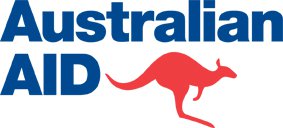An overview of the policy making process in Indonesia
This research provides an overview of the policy making process in Indonesia and aims to:
- describe rules that govern policy-making processes in Indonesia and
- assess factors that determine the use of knowledge in policy-making processes.
An analysis of the executive branch of the government (including at the level of the president, the cabinet, across government and within ministries); political parties and the parliament (including the influence of the parliament and the role of parliamentary commissions); and analytical capacity within the government (including within the executive and the legislature, civil service performance, the strength of informal and personalised networks and sources of knowledge external to government) help to understand the incentives different types of policy-makers face in seeking and using knowledge in their work.
Research methods included documentary reviews, interviews with a wide range of stakeholders, including government policy-makers, civil society and staff of donor agencies, and a validation workshop.
Staff
-
Daniel Harris
Research Associate
-
Leni Wild
Research Associate
-
Harry Jones
Research Fellow
-
Chloe Byrne
Programme Officer
-
John Young

